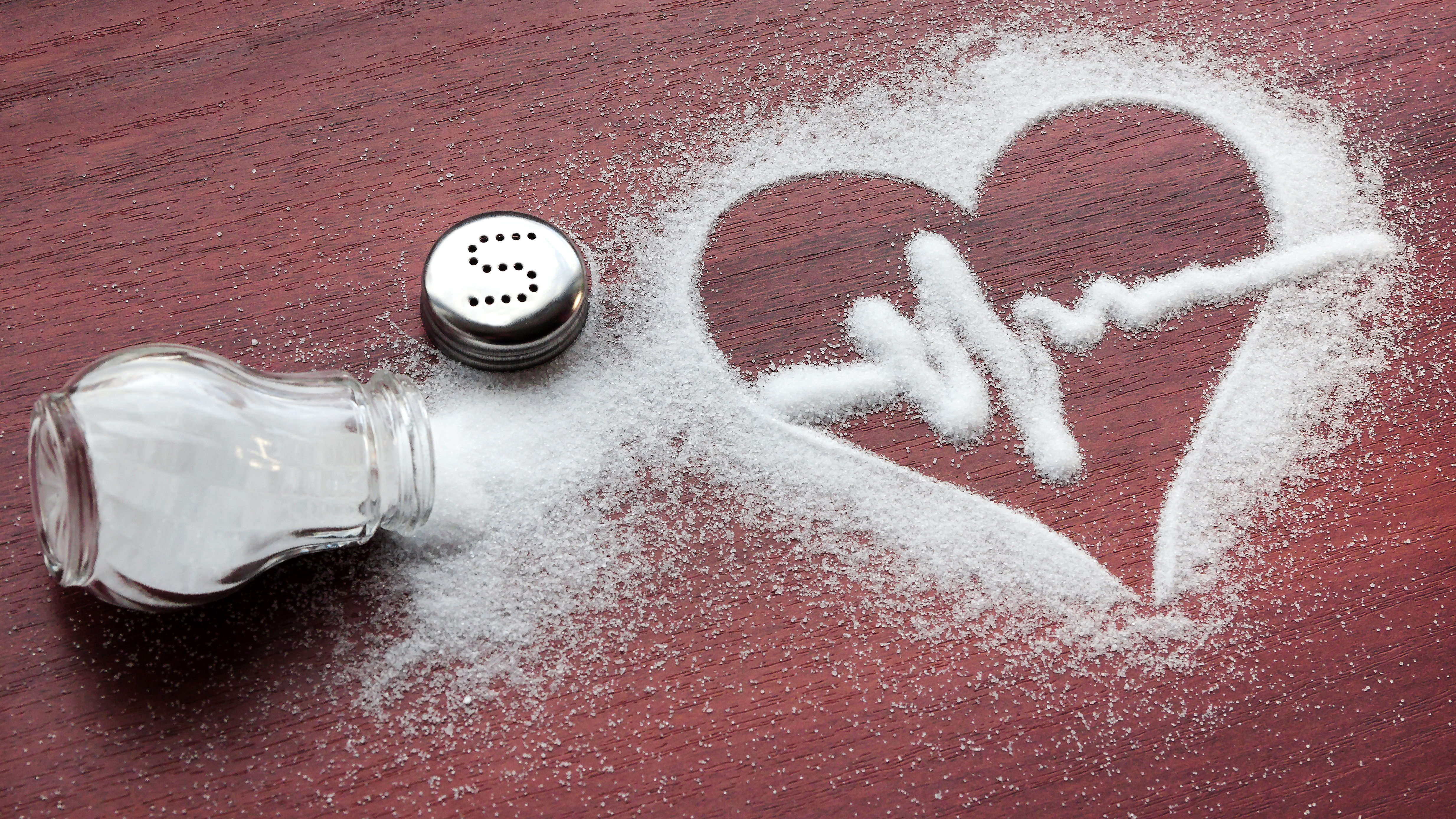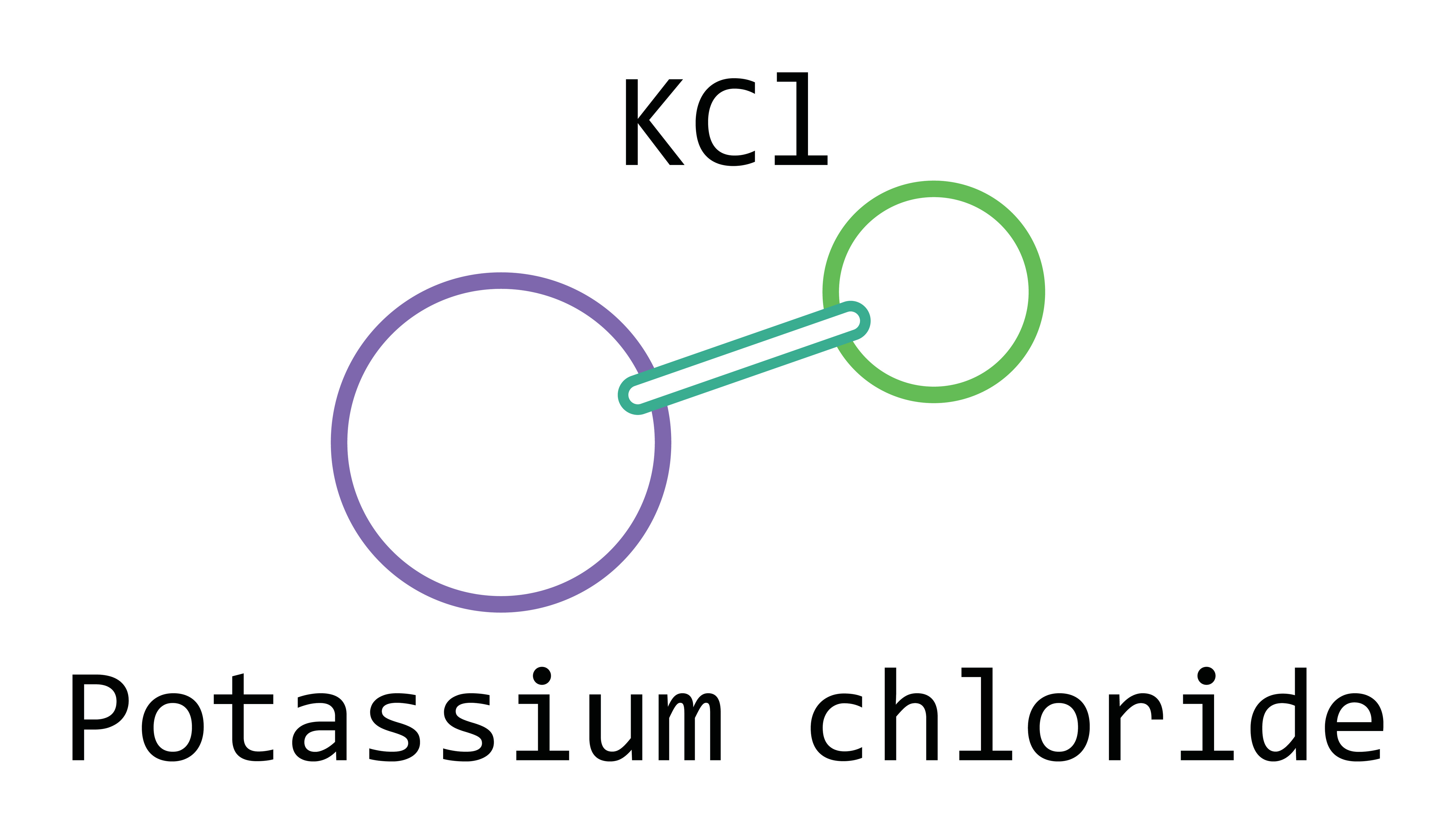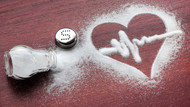Sodium Salt vs. Potassium Chloride: Finding the Healthier Balance
By on Jul 25th 2024

90% of Americans: Sodium Overload!
As more consumers become mindful of the food and beverages they consume, one notable nutritional component under scrutiny is sodium intake in the USA. From a flavor sensory perspective, salt is an amazing addition to nearly any dish. It can tone down bitterness and enhance sweetness and umami flavors present in food.
Found on every restaurant table and in your home kitchen, it’s no wonder that we turn to it to further enhance our food experience. Sodium salt can turn a non-memorable meal into a trip to flavor-town!
The Downside of Sodium Salt
Unfortunately, there is such a thing as too much sodium salt. To date, the CDC estimates that nearly 90% of the US population consumes 3,400mg of sodium daily, well over the recommended amount of 2,300mg. Overconsumption of sodium has been linked to high blood pressure, increasing the risk of heart disease.
The Solution: Potassium Chloride

Thankfully, in the ever-changing food industry, we are seeing options to mitigate our intake of sodium while still enhancing our food experiences. One such option available at Ingredi is Potassium Chloride, a mineral salt with similar flavor-modulating properties to traditional sodium salt. Potassium is an essential mineral for the body and has been shown to decrease some of the challenges caused by overconsumption of sodium salts. Many seasoning, meat, and cheese manufacturers have products in the market that either blend potassium chloride to reduce sodium salt or remove sodium salt altogether. Some have reduced sodium in their products by up to 50%.
Understanding Sodium Salt
Sodium chloride, commonly known as table salt, is a vital component in food preparation and preservation. It enhances flavor, reduces bitterness, and helps reduce water activity in foods. Water in food promotes bacteria growth, so the less water the lower the potential for bacteria and mold growth. However, excessive sodium intake is associated with negative health outcomes such as hypertension, cardiovascular diseases, and stroke.
Exploring Potassium Chloride
Potassium chloride is an alternative to sodium chloride and is used in low-sodium and salt-substitute products. It maintains the salty taste without the adverse health effects associated with high sodium intake. Potassium is crucial for bodily functions, including maintaining fluid balance, nerve signals, and muscle contractions. Adequate potassium intake is linked to lower blood pressure and a reduced risk of stroke.
Additional Research and Resources
- How much can sodium chloride be substituted for potassium chloride without affecting the sensory acceptance of cracker-type biscuits? – ScienceDirect
- CDC: 90% of Americans consume too much salt - Medical News Today
- Eating Too Much Salt? Ways to Cut Back...Gradually – FDA
- Salt Alternative: Potassium Chloride – Healthline
- Is Potassium Chloride Salt? – WebMD






